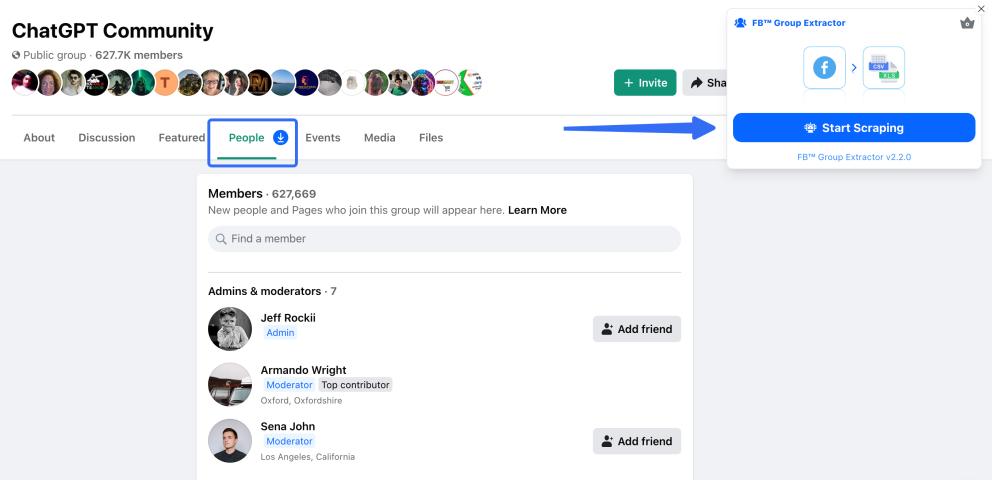Maintaining focus has become one of the biggest hurdles in the workplace; distractions are everywhere—whether it’s notifications popping up on your screen, the constant hum of conversations around you, or simply the mental clutter that accumulates from juggling too many tasks. Yet, concentration is crucial for maintaining productivity, creativity, and job satisfaction. Developing strong habits around focus can not only improve your performance but also provide a sense of accomplishment. Here's how to master the art of concentration in your work life.
The foundation of sustained focus begins with understanding your work rhythms. Everyone has a natural pattern of productivity, often referred to as your "biological prime time." This is the part of the day when you're most alert and focused. For some, it's the early morning hours, while others may find their stride later in the afternoon. By recognizing these patterns, you can schedule your most demanding tasks during your peak productivity periods, ensuring you allocate your energy to what matters most.

Eliminating distractions is another key factor in building focus. In an age where multitasking is often glorified, it's tempting to try and do multiple things at once. However, research shows that multitasking can reduce your efficiency and lead to cognitive overload. Instead, practice single-tasking, which means dedicating your full attention to one task at a time. Close unnecessary tabs, put your phone on silent, and set clear boundaries with colleagues when you're working on something important. These small but significant steps can drastically reduce interruptions and help you maintain momentum.
Equally important to concentration is creating a dedicated workspace that promotes focus. The physical environment plays a vital role in how well you can concentrate. A cluttered, noisy, or chaotic space can be detrimental to your ability to focus. Keep your workspace tidy, well-lit, and comfortable. A clean desk not only reduces visual distractions but also fosters a sense of control and calm. Additionally, consider using noise-canceling headphones or playing instrumental music if you're working in a noisy environment.
Incorporating breaks into your workflow is another powerful habit for enhancing focus. It may seem counterintuitive, but working non-stop for long hours can actually diminish your concentration. The brain has a limited capacity for sustained attention, and without periodic breaks, mental fatigue sets in. The Pomodoro Technique, where you work in intervals (e.g., 25 minutes of focused work followed by a 5-minute break), is an excellent method to keep your mind sharp and prevent burnout. Use these breaks to step away from your screen, stretch, or take a quick walk to recharge.
Another essential element in maintaining concentration is managing mental energy. Much like physical stamina, mental energy can be depleted over time, especially if you're constantly shifting between tasks or dealing with stress. Prioritize tasks based on their importance and break down larger projects into smaller, more manageable steps. This way, you reduce overwhelm and can steadily make progress without feeling mentally exhausted. Also, practicing mindfulness can be a powerful tool for staying in the present moment. Engaging in mindfulness exercises like deep breathing or short meditations can help train your brain to stay focused for extended periods.
Lastly, cultivating healthy life>
Achieving better concentration at work is not about willpower alone. It’s about building habits that foster focus, creating an environment that supports productivity, and managing your mental energy effectively. As you practice these habits consistently, you’ll find that staying focused becomes easier and more natural, allowing you to accomplish more with less stress and effort. Start by identifying your productivity patterns, eliminating distractions, and taking care of your mind and body—these steps will significantly enhance your concentration and overall work performance.







